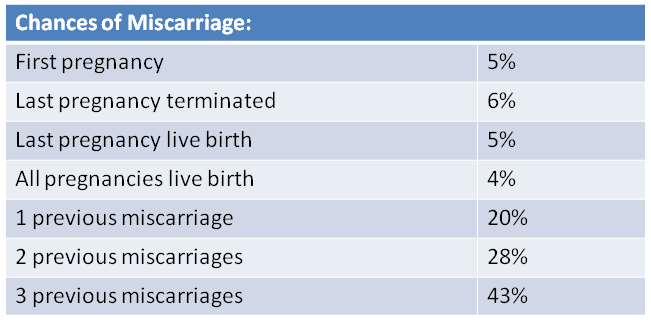

tests-procedures/fetal-ultrasound/about/pac-20394149 HEARTORG/Conditions/CongenitalHeartDefects/SymptomsDiagnosisofCongenitalHeartDefects/Fetal-Echocardiography-Your-Unborn-Babys-Heart_UCM_315640_Article.jsp#.W18Uj9hKiu1 Fetal echocardiography/your unborn baby’s heart.A longitudinal study of pregnancy outcome following idiopathic recurrent miscarriage. fda.gov/ForConsumers/ConsumerUpdates/ucm095508.htm Avoid fetal “keepsake” images, heartbeat monitors.You can learn more about how we ensure our content is accurate and current by reading our editorial policy. Healthline has strict sourcing guidelines and relies on peer-reviewed studies, academic research institutions, and medical associations.

At 8 weeks, there’s a 98 percent chance, and it goes up to 99.4 percent after 10 weeks. Your doctor may request a blood test to confirm the pregnancy, or request you come back a few days later for another ultrasound.Ī 1999 longitudinal study of 325 women in the United Kingdom who had a history of miscarriage reported that if a heartbeat is detected at 6 weeks, there’s a 78 percent chance of the pregnancy continuing.

Your health care provider may be concerned if there’s no fetal heartbeat in an embryo with a crown-rump length greater than 5 millimeters.Īfter week 6, your doctor will also be concerned if there is no gestational sac. If no heartbeat is detected, your doctor will check your fetal measurements. Other reasons you might not hear the heartbeat include: Your doctor may recommend you schedule another ultrasound 1 to 2 weeks later. This doesn’t necessarily mean there’s a problem. Most commonly, this is because it’s too early in the pregnancy. You might not be able to hear a baby’s heartbeat at your first ultrasound. By the ninth week, your baby’s heartbeat should reach 140-170 bpm. Your baby’s heartbeat should be between 90-110 beats per minute (bpm) at 6 to 7 weeks.


 0 kommentar(er)
0 kommentar(er)
